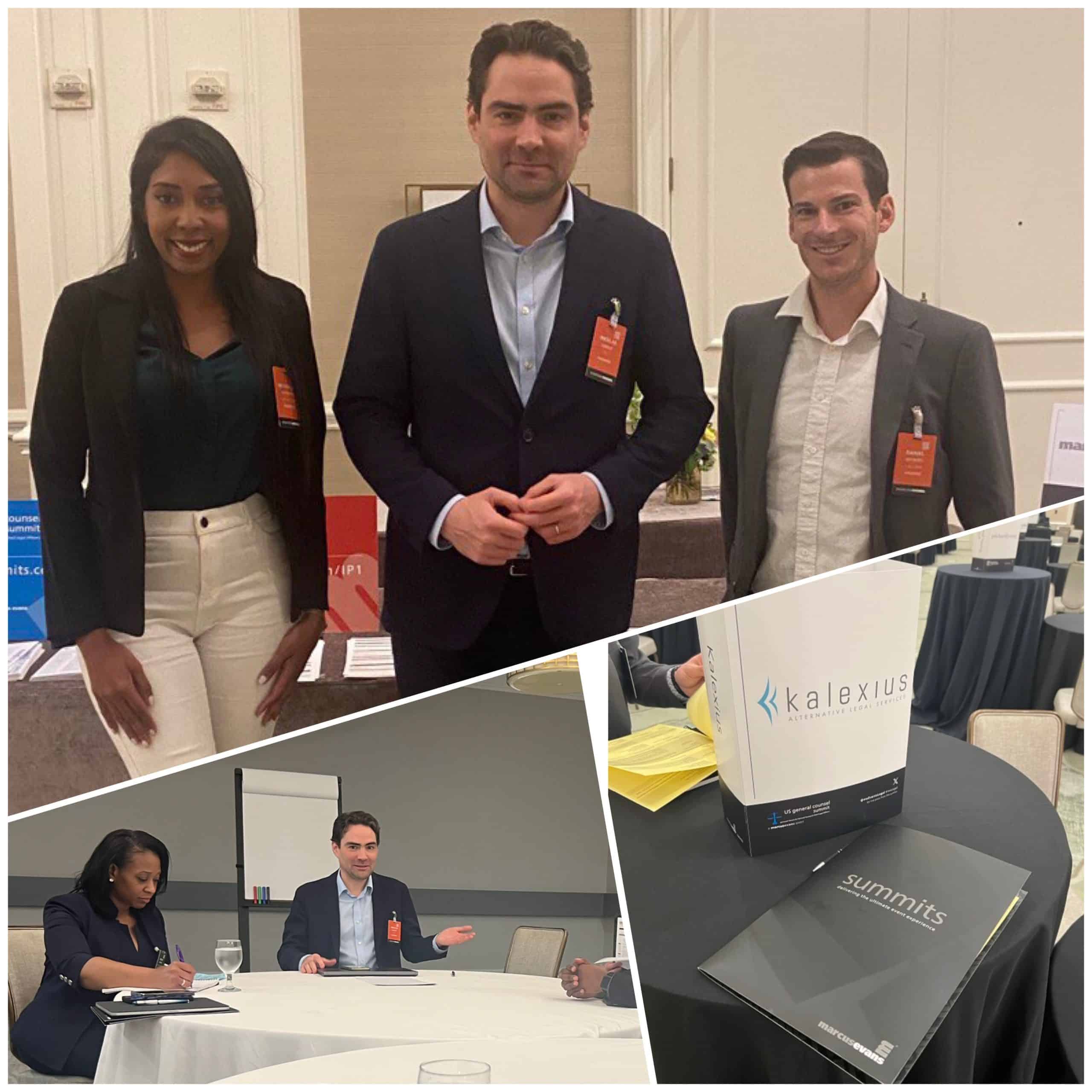Last week, Head of Consulting Nikki Rahimzadeh spoke with Conventus Law on the benefits of close relationships between legal ops teams and ALSPs.
How are ALSPs changing the traditional legal services landscape and what impact are they having on legal operations teams?
ALSPs provide a real option for corporate law departments to find different ways to solve problems. In the current climate, many companies are under significant pressure to manage costs and streamline work while maintaining necessary service levels. ALSPs have been around for a long time, but always in a very behind-the-scenes way. They are finally making their mark as a typical part of any corporate level service delivery model.
What role do ALSPs play in helping legal operations teams to manage their workload and improve efficiency?
As legal operations teams face continued pressure to reduce costs and optimize work, ALSPs are enabling them to find solutions for routine, repeatable work. We are seeing a lot of interest in leveraging ALSPs for less-traditional work. For example, entity management is a very fast-growing area where clients have found a lot of positive outcomes by shifting to an ALSP as opposed to a traditional law firm.
How are ALSPs working with legal operations teams to enhance their use of technology and innovation in the delivery of legal services?
Technology enables the ALSP and the legal department to work together seamlessly. The tools today are so user-friendly and easy to implement. They truly enable a cohesive way of working with simple solutions that have a big impact.
What role do legal operations teams play in identifying and engaging with ALSPs and in the selection process of choosing the right ALSP for their organization?
Often, the legal operations function is responsible for developing creative ways to solve modern solutions in corporate legal. We find that the legal team is frequently stuck in the day-to-day and the current/past model of over-reliance on traditional law firms. Legal operations can identify areas of need and find a provider who offers the right solution for their specific business and law department.
What are the benefits and challenges of using ALSPs and how are legal operations teams managing these effectively?
The benefits include cost savings, process efficiency and seamless service delivery through an extension of the legal department that does not require additional full-time headcount or over-reliance on traditional external counsel. Challenges include how to integrate the ALSP with the internal teams and bringing them along in the journey. Helping them understand the value proposition is a key area where legal operations can be the connection point.
How are legal operations teams working with ALSPs to ensure compliance with ethical and regulatory requirements?
Kalexius and other ALSPs are responsible for complying with legal, ethical, and regulatory requirements all over the world. We exercise our own robust processes in order to ensure we are complying with current rules and regulations but also that we are actively engaged in watching what is coming next from a legal and regulatory perspective in order to anticipate our client needs.
What are some best practices for working with ALSPs and how can legal operations teams ensure a successful collaboration?
Working together on communication and setting up consistent processes with clear escalation points will ensure a successful collaboration. Using technology to track work is a great way to ensure alignment. It’s also important to remember that working with an ALSP involves a degree of relationship management like you’d have with any other service provider. ALPS are generally more process- and data-focused, which makes it more efficient, less time-consuming, and quite frankly just easier to collaborate with us!
How are legal operations teams and ALSPs working together to ensure that the use of ALSPs is aligned with the overall business strategy and goals of the organization?
Legal operations are the key contact point in ensuring that business strategy and initiatives are communicated clearly and that there is a dialogue between the ALSP and the department, just like you would have in a traditional law firm model. Because we are working as a true extension of legal teams, we want to ensure that we have line of sight to business direction. This enables us to ensure the prioritization and collaboration levels are precisely what the team needs.



